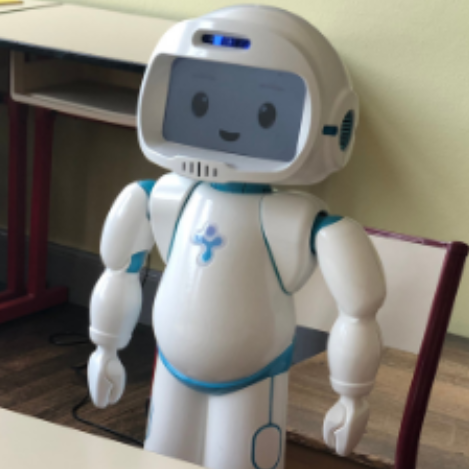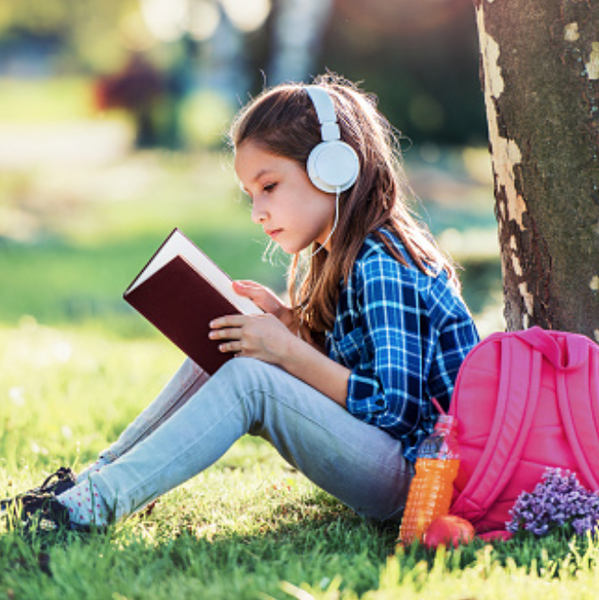Research -- StepUp to Learn
How to Train Your Brain to Ignore Distractions
While strong distractions may automatically capture our attention, the trained brain can rapidly suppress such distractions to help us efficiently reach our goals.
Robot Helps Students with Learning Disabilities Stay Focused
Engineering researchers are successfully using a robot to help keep children with learning disabilities focused on their work.
What Your Gaze Reveals: Attention, Processing and More
Eye movements during tasks provide information about what the person is currently occupied with and what goals are being pursued within the task.
How Too Much Motivation Can Affect Decision Making
Researchers reveal why a level of motivation that is too high or too low can affect our perception and therefore our choices.
Teaching Self Regulation: Is Earlier Better?
Researchers explore the long-term effects of teaching self-regulation skills in young students.
A Boost to Executive Function in Early Childhood
Researchers explore whether adherence to American Academy of Pediatrics guidelines for diet and physical activity had any relationship with toddlers’ executive function.
Can ‘Random Noise’ Unlock Our Learning Potential?
Though many of us may seek a quiet place in which to study, ‘noise’ may play a key role in helping some people improve their learning potential.
What You Know Changes How You See Things
Which brain regions process objects? It depends on what we know about its purpose.
Got Rhythm? This Type of Music Boosts Brain Performance
Listening to these types of songs during an activity helped participants focus attention and multitask, especially those who have good rhythm.
How Kids Problem Solve in New, Creative Ways (And Why You Should Encourage It)
A new study shows that kids broader attentional focus can also prove to be an advantage to finding new, creative ways of problem solving.
Just Being Around New Things Makes Us ‘Ready to Learn’
Educators have long recognized the value of “background information” in the learning process. Exposure to new information at the background level can help us be ready to learn in formal classroom instruction.
Need to Improve Concentration? Try This.
Researchers confirm the correlation between concentration and health-related quality of life and this everyday activity with primary school students.












